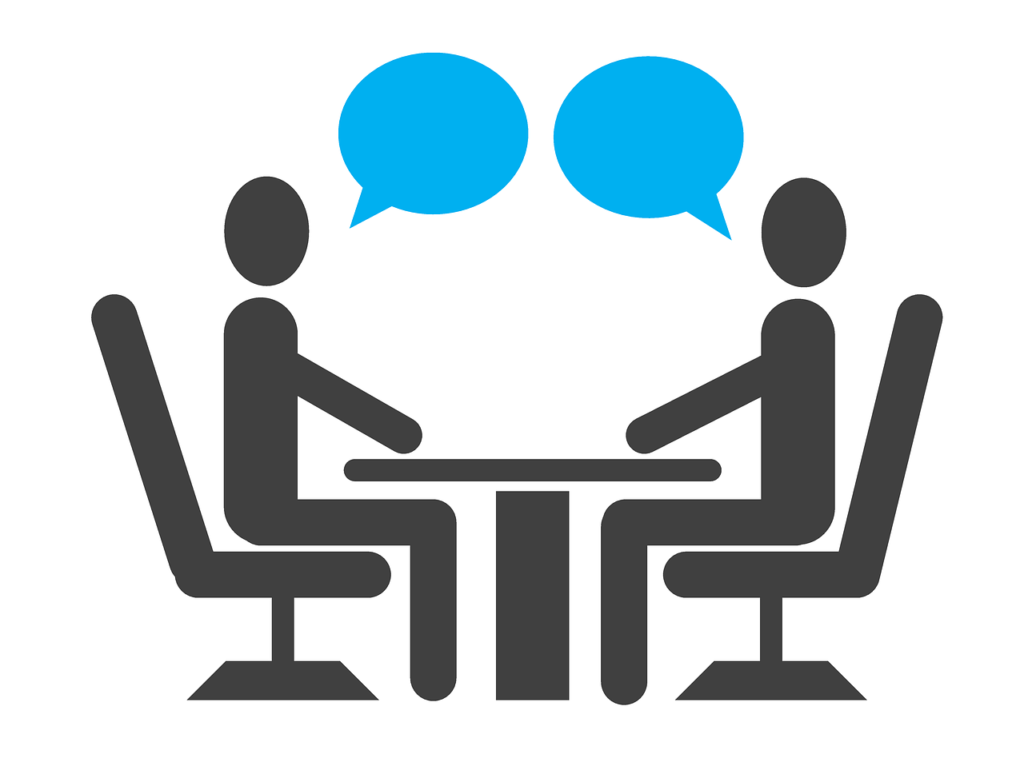Have an interview coming up soon? We can (and we will) tell you everything you need to know about how to prepare, respond to the questions that you’re asked, and follow up with hiring managers–so that you make a great impression and get that job. But we also think it’s useful to remind you about what NOT to do during your interview.
Below are 5 behaviors that actual jobseekers have done in real life during interviews. While it may seem obvious that these behaviors will not help you secure a job, remember, these are true stories that the TAI team have experienced with actual job candidates. Avoid doing the 5 things below and you’ll get much farther in the selection process than these jobseekers.
- Insult the Interviewer. A candidate applying for an internship spent his interview talking about he hated interacting with Engineers. All three of the Interviewers on the panel were Engineers. Can you guess what happened? Lesson: Speak neutrally about people. You never know who your Interviewers are, who they’re related to, their personal likes and dislikes, etc. Do not risk offending them.
- Have bad dinner manners. A full time candidate was at a group dinner hiring event. Someone needed a plate and the candidate literally threw a plate to the person. Lesson: Let the person get their own plate. You can even be extra nice and walk the plate to the person. Do not throw dinnerware.
- Show up an hour early. Sometimes candidates who are eager for their interviews and afraid of being late show up super early for their interview. When that happens, their Recruiting contact at the company has to stop what they are working on, including any last minute interview prep, to escort the candidate and sit with them awkwardly until it’s time to begin the interview. Lesson: Arrive to your interview no more than 15 minutes early. If you arrive earlier, sit in your car, wait outside, or get cup of coffee or tea somewhere. You can use this extra time to clear your head, rehearse your answers, and review any application materials.
- Ramble. We are all guilty of rambling. It’s an important habit to keep in check, especially in a professional setting. When you ramble during an interview, you confuse your Interviewers and lose their interest. Lesson: When you are asked a multi part question, make a conscious effort to breathe and take deliberate pauses to indicate transitions. If you’re asked to describe a specific situation, begin with the context, or background of the situation, move into the actions you took during the situation, and end with your results, taking a short pause between each phase. We encourage you to write out sample answers ahead and time and bring them with you to the interview.
- Tell the Interviewer you have no questions. At the end of an Interview, your Interviewer will usually ask if you have any questions. Do not say, “No.” Having no questions implies that you are completely uninterested in the company and you think they are boring. Lesson: Ask at your Interviewer at least one question. You don’t have to ask highly technical questions if you can’t think of any. Instead, ask about the company culture or why the Interviewer enjoys working for the company. A really good question is to ask them to prioritize the challenges the person coming in to the role will face. HR people like that question and they’ll think you’re really smart when you ask it.






